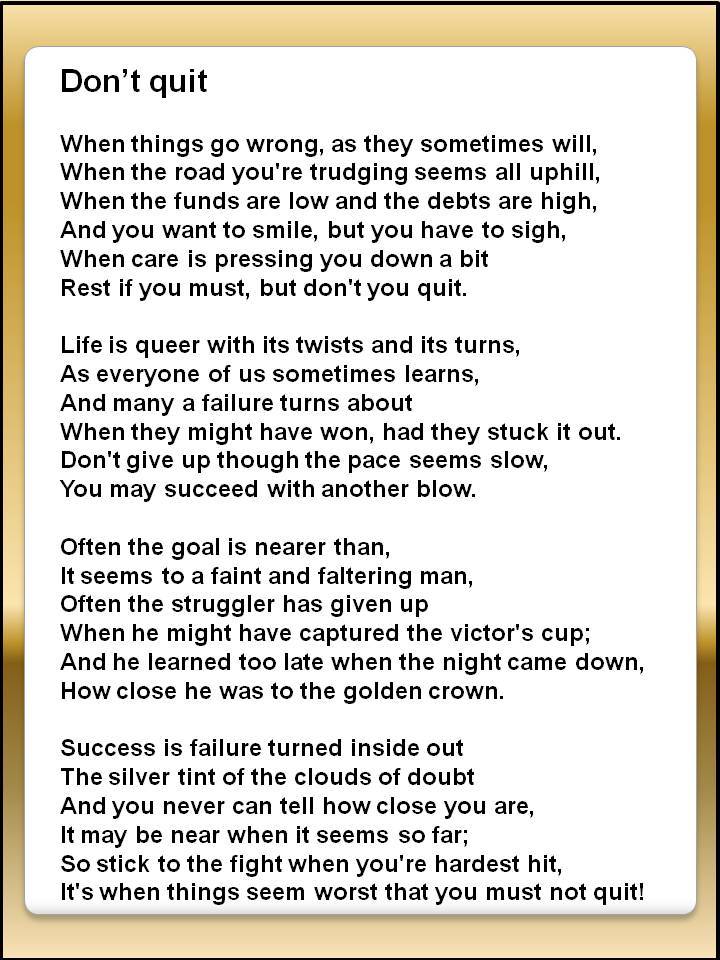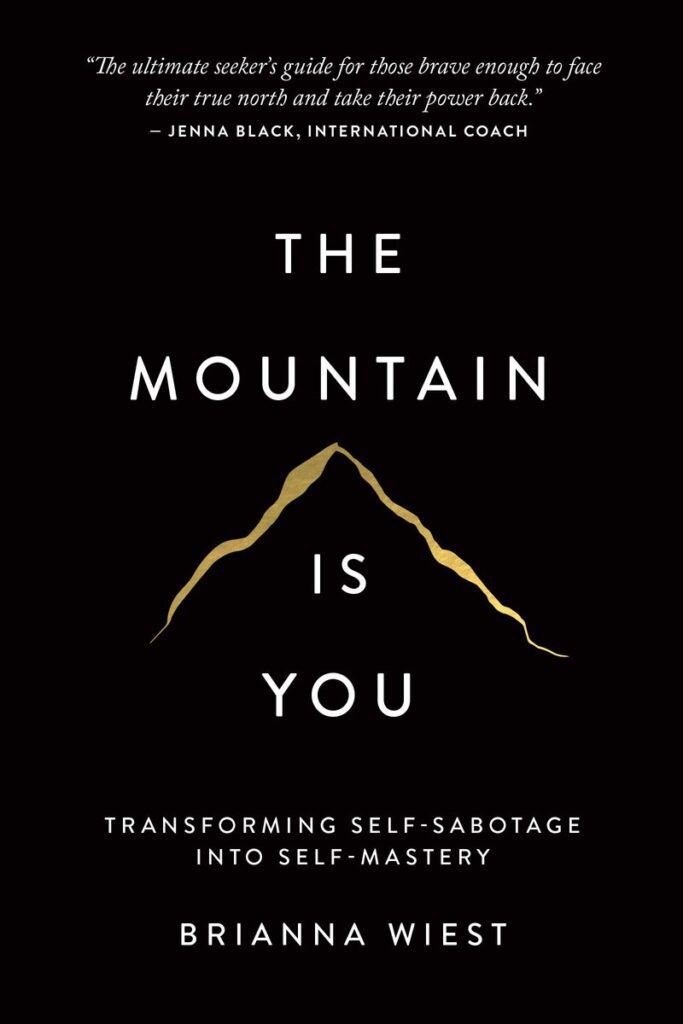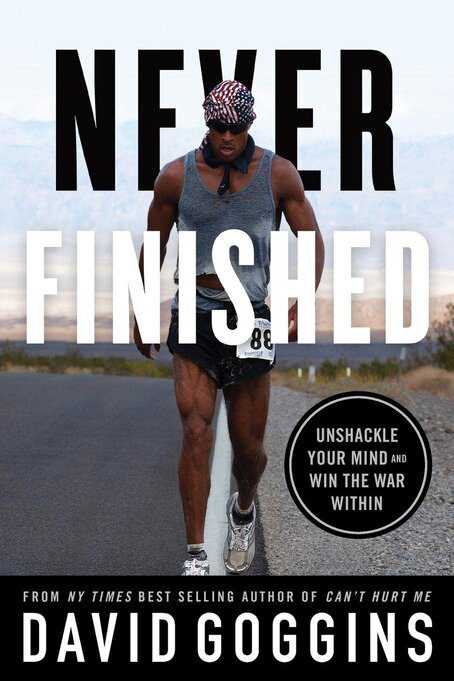Panic (n.) 1 “sudden mass terror,” especially an exaggerated fright affecting a number of persons without visible cause or inspired by trifling cause or danger, from French panique (15c.), from Greek panikon, literally “pertaining to Pan,” the god of woods and fields, who was the source of mysterious sounds that caused contagious, groundless fear in herds and crowds, or people in lonely spots. Panic is a sudden state of fear which often leads to frantic anxiety and rapid thinking, prevents logical thinking, fight-or-flight reaction and leads to logical lapse.
The price of greatness is sacrifice and responsibility; it will be a dogfight; you will question your sanity some days and even want to panic as your funding is getting low and you are getting little or low traction. Keep pushing, don’t panic; you are closer than you think. When you panic, you can’t think straight, and you tend to think irrationally in this state, with rapid thinking and lapsed judgment; solving the real issue is challenging. On your path to the top, the going is going to get tough; it is going to get tough at some point; don’t panic because it is when it gets dark that you can see the light.

In the words of author and leadership expert John C Maxwell, Courageous leadership is developed when “Poise that is more unshakeable than panic.” He observed:
Courageous Leadership Simply Means I’ve Developed
- Convictions that are stronger than my fears.
- Vision that is clearer than my doubts.
- Spiritual sensitivity that is louder than popular opinion.
- Self-esteem that is deeper than self-protection.
- Appreciation for discipline that is greater than my desire for leisure.
- Dissatisfaction that is more forceful than the status quo.
- Poise that is more unshakeable than panic.
- Risk-taking that is stronger than safety seeking.
- Right actions that are more robust than rationalization.
- A desire to see potential reached more than to see people appeased.

One of the hallmarks of anxiety is rapid thinking 2. Because you are focusing on some issue so deeply and for so much time, you assume that you are also thinking through the issue thoroughly and arriving at the most likely conclusion. However, the opposite is happening.
You’re experiencing a logical lapse. You’re jumping to the worst-case scenario because you aren’t thinking clearly, and then you are engaging your fight-or-flight response because the worst-case scenario makes you feel threatened. This is why you obsess about that one, terrifying idea. Your body is responding as though it’s an immediate threat, and until you “defeat” or overcome it, your body will do its job, which is to keep you in defense mode, which is really a heightened state of awareness to the “enemy.”
When you experience a logical lapse, the climax becomes the conclusion. You imagine a situation, you figure that you would panic, and then because you’re scared, you never think through the rest of the scenario. You never think about how you’d get through it, what you’d do to respond, and how you’d eventually move on with your life afterwards. If you were able to do this, you wouldn’t be scared of it, because you wouldn’t think it had the power to “end” you.
When you experience a logical lapse, the climax becomes the conclusion. You imagine a situation, you figure that you would panic, and then because you’re scared, you never think through the rest of the scenario.
Author and editor-in-chief of Entrepreneur magazine, Jason Feifer 3, asserted that:
Change happens in four phases: First we panic, then we adapt, then we find a new normal, and then we reach “wouldn’t go back”—that moment when we have something so new and valuable that we say, “I wouldn’t want to go back to a time before I had this.” The most successful people move through these phases the smoothest.
Staying calm is tough when things are going hard and you can’t think of a way out of your situation. Think it through, leave it for a while, sleep over it, talk it over and keep taking steps that would take you closer to solving the problem. Nothing moves until you move, take action, and resolve to do your best in any situation. You can and will solve this issue; stay calm and don’t panic.

Everything in life comes down to how we handle those crucial seconds. 4 When psychological, physical, or emotional pressure redlines, your adrenal glands go haywire, and you are no longer in control. What separates a true savage from everybody else is the ability to regain control of their mind in that split second, despite the fact that all is still fucked!
That’s what people miss. Our lives aren’t built on hours, days, weeks, months, or years. Hell Week is 130 hours, but it’s not the hours that kill you. And it’s not the pain, the ex- haustion, or the cold. It is the 468,000 seconds that you must win. It only takes one of those motherfuckers—when it all becomes too much and you just can’t take it anymore—to bring you down.
Life, like Hell Week, is built on seconds that you must win, repeatedly.
Never quit when your pain and insecurity are at their peak. If you must retreat, quit when it’s easy, not when it’s hard. Control your thought process and get through the most difficult test first. That way, if you do bow out, you’ll know it wasn’t a reaction based on panic. Instead, you’ve made a conscious decision based on reason and had time to devise your plan B.
Respect is earned every day by waking up early, challenging yourself with new dreams or digging up old nightmares, and embracing the suck like you have nothing and have never done a damn thing in your life.

The average human lifespan is absurdly, terrifyingly, insultingly short. But that isn’t a reason for unremitting despair or for living in an anxiety-fueled panic about making the most of your limited time. It’s a cause for relief. You get to give up on something that was always impossible—the quest to become the optimized, infinitely capable, emotionally invincible, fully independent person you’re officially supposed to be. Then you get to roll up your sleeves and start work on what’s gloriously possible instead.
“Once you no longer need to convince yourself that the world isn’t filled with uncertainty and tragedy, you’re free to focus on doing what you can to help. And once you no longer need to convince yourself that you’ll do everything that needs doing, you’re free to focus on doing a few things that count.”
Meditation
- Daily Calm with Tamara Levitt – Technique
- It is important to keep our intention on developing our technique in practice rather than focusing on a particular outcome. It is easy to get focused on all type of goals that we’ve heard about or other people’s experiences. Each of us has a different mind or body, we have varied experiences and outcomes, and those experiences change from day to day, Month to month, year to year; therefore, we want to let go of our expectations because when we become fixed on particular results ; we lose our ability to practice with proper technique.
- Hold patience and trust that your practice will work as it should for you in its own way, in its own time.
“How you climb a mountain is more important than reaching the top.” – Yvon Chouinard, founder of Patagonia
Daily Jay with Jay Shetty – Catch the Sunrise
Keep your face always toward the sunshine – and shadows will fall behind you. – Walt Whitman
All the Best in your quest to get Better. Don’t Settle: Live with Passion.


Comments are closed.